Bongbong Marcos: The Philippine President Now at Odds with the Dutertes
Philippine President Ferdinand "Bongbong" Marcos Jr has faced a major political setback in the recent midterm elections, as early results suggest his Senate slate may fall short of expectations.The midterm elections in the Philippines have turned into a high-stakes battle between President Bongbong Marcos and his Vice-President, Sara Duterte – daughter of former president Rodrigo Duterte. Once allies, the two are now locked in a political showdown that could define the remainder of Marcos’s presidency.
Their alliance was once considered a political juggernaut. The Marcos-Duterte tandem swept the 2022 elections, combining the northern and southern vote bases of the country’s two most influential dynasties. But their partnership has since unraveled, and Monday’s polls – which included local races up to congressional seats – marked the first real test of Marcos’s leadership.
A Presidency Forged in Legacy
Born in 1957 to dictator Ferdinand Marcos Sr and Imelda Marcos, Bongbong was the only son in a family synonymous with wealth and authoritarian rule. His father rose to power in 1965 and declared martial law in 1972, extending his grip on the nation for over a decade. During this time, human rights abuses and economic decline plagued the country, while the Marcos family amassed billions in stolen wealth.
As a child, Bongbong was groomed for leadership, but his father often worried about his abilities. A 1972 diary entry by the elder Marcos lamented that his son was "too carefree and lazy." Bongbong studied at Oxford University, claiming to have earned a degree, but the university later clarified he only received a special diploma in social studies. Media reports allege that this too was the result of political lobbying.
Despite questions over his credentials, Bongbong entered politics in the family's northern stronghold, becoming governor of Ilocos Norte. But his rise was interrupted in 1986, when a people’s revolution overthrew his father’s regime. The family fled to Hawaii, leaving behind a palace filled with gold-plated luxuries, expensive art, and Imelda’s infamous 3,000 pairs of shoes.
After the death of Marcos Sr in exile in 1989, the family’s name was deeply tarnished. Yet, Bongbong managed a political comeback.
Rewriting the Past, Winning the Present
In the 1990s, the Marcoses returned to the Philippines. Bongbong steadily rebuilt his career—serving as governor, congressman, and senator—before launching his successful bid for the presidency in 2022.
Key to his victory was a savvy social media campaign that reframed the Marcos dictatorship as a "golden era." On platforms like Facebook and TikTok, younger voters—many of whom had no memory of martial law—were exposed to nostalgic content celebrating the past.
Running alongside Sara Duterte, Marcos formed the so-called “UniTeam,” pledging national unity and progress. Their combined political influence led to a landslide win: Marcos secured over 31 million votes, more than double that of his closest rival.
At his victory speech, Marcos asked the nation to judge him by his actions, not by his lineage. So far, those actions have included strengthening ties with the United States and taking a harder stance on China’s aggression in the South China Sea—breaking from Duterte’s more China-friendly policies.
A Fractured Alliance
But cracks in the Marcos-Duterte partnership soon appeared. Marcos appointed Sara Duterte as Education Secretary, a move she reportedly resented, as she had lobbied for the more powerful Defense post. Tensions escalated when allies of Marcos in Congress initiated impeachment proceedings against her over alleged misuse of public funds.
Matters worsened when Marcos allowed efforts to bring Rodrigo Duterte before the International Criminal Court for his brutal anti-drug campaign, which left thousands dead. This was seen as a direct betrayal of the Duterte family.
Experts note that taking on the Dutertes is a significant gamble. To succeed, Marcos needed a strong Senate majority. But early midterm results suggest he may not get it.
What’s Next for Marcos?
With the Senate potentially slipping from his control, Marcos’s ability to push through legislation or consolidate power may be limited. The Duterte family remains a formidable force, especially in the south, and could mount a challenge in the next election cycle.
What was once a united front is now an open rivalry—and Marcos’s political future could hinge on how he manages this widening rift.

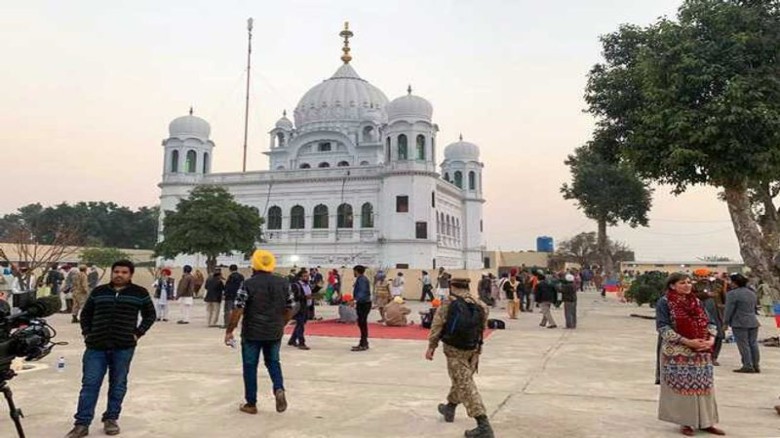


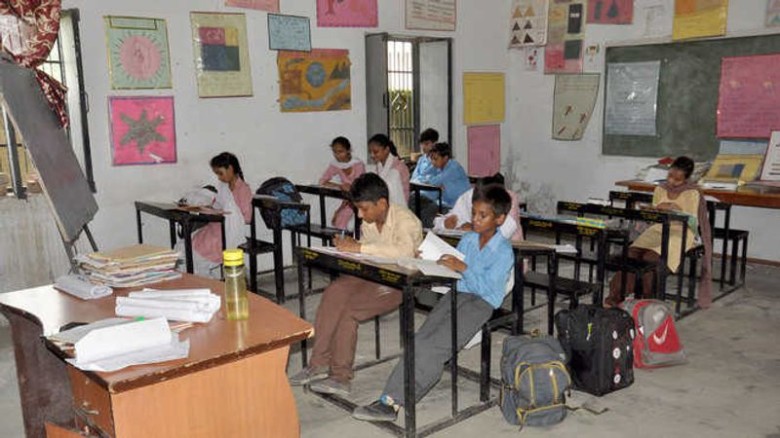






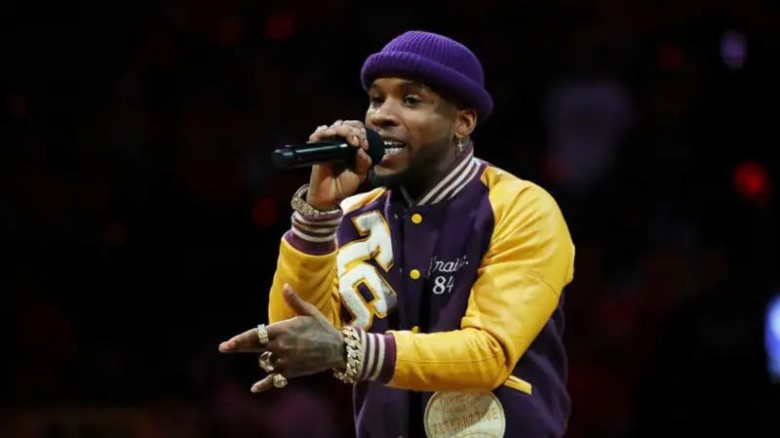
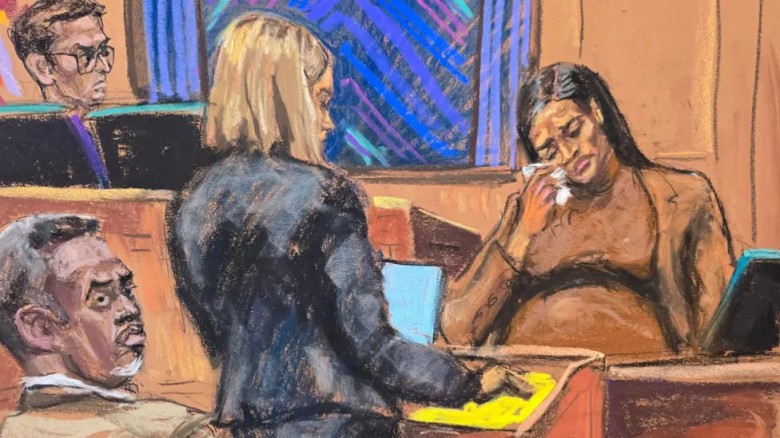








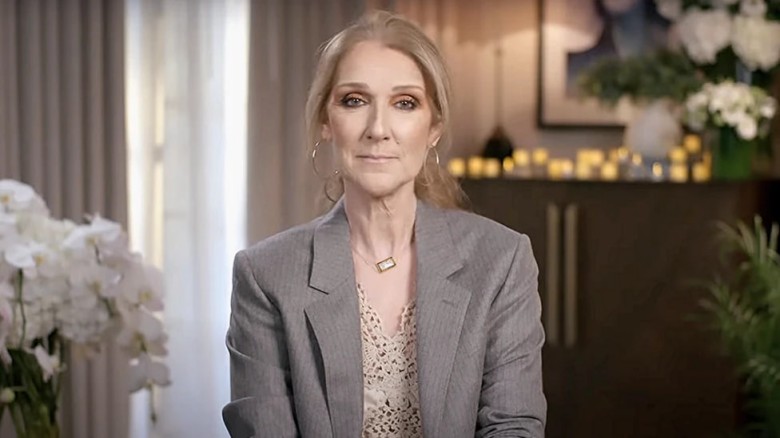






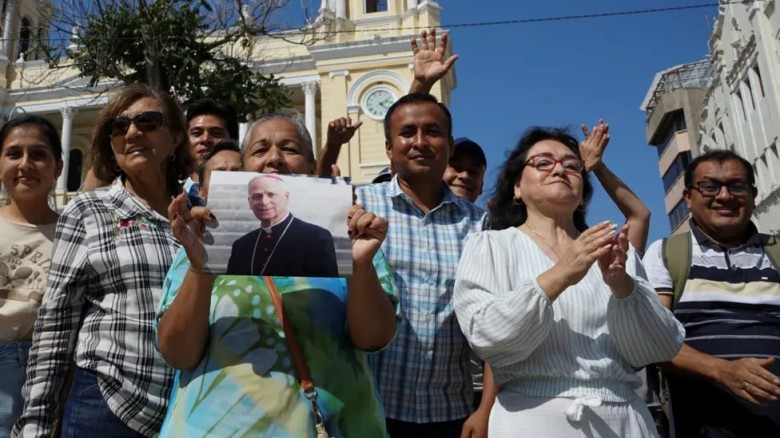









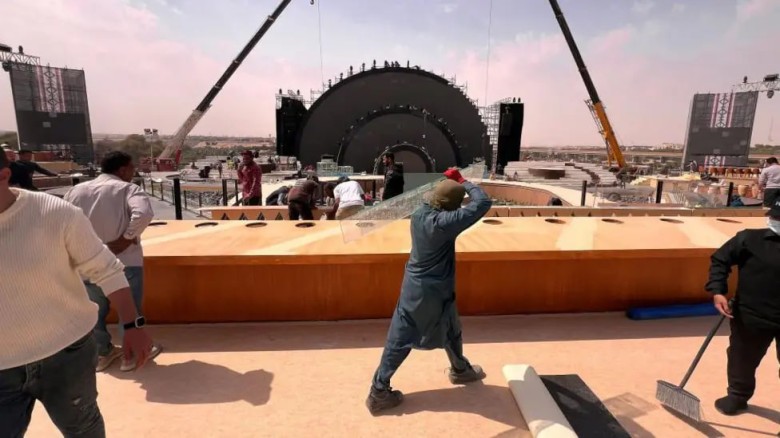

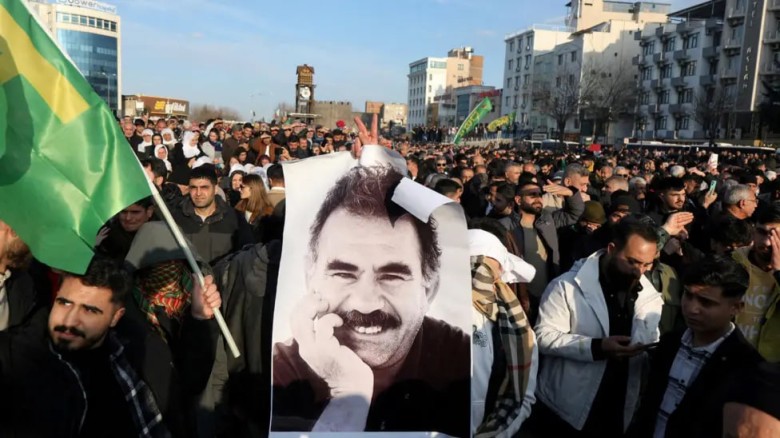









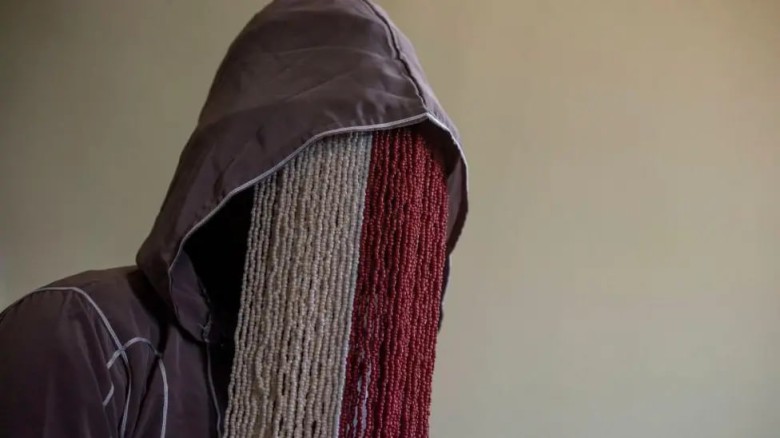



















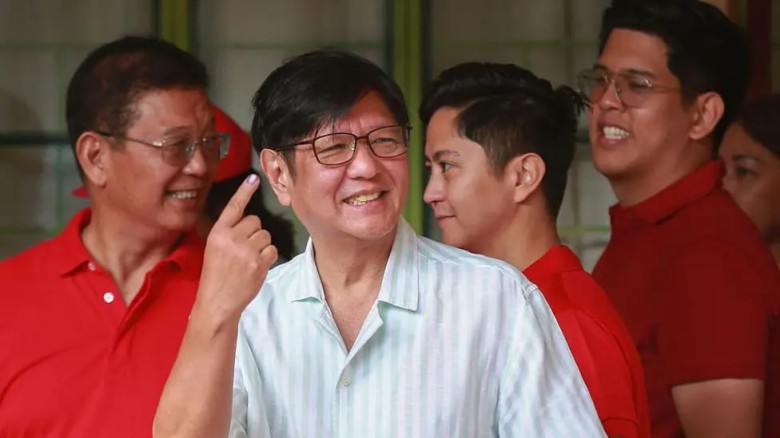


Leave A Comment